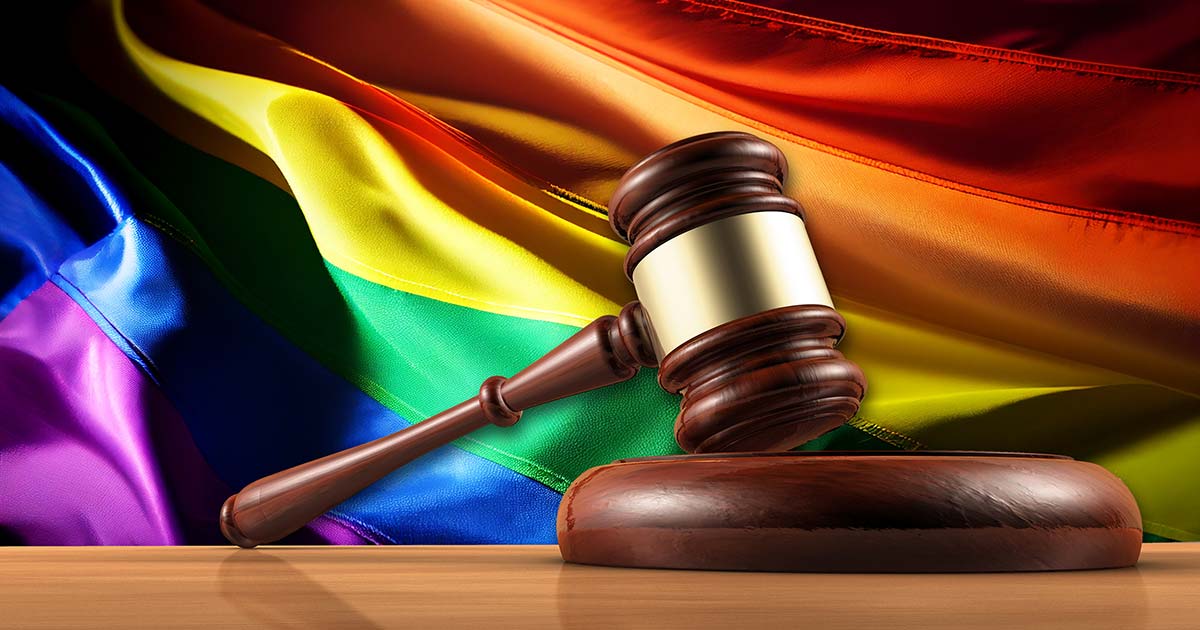Uganda: LGBTQ+ community awaits pivotal Constitutional Court decision

The fate of the LGBTQ+ community in Uganda rests in the hands of the country’s Constitutional Court as it considers the legitimacy of the draconian Anti-Homosexuality Act.
In a brief hearing on Monday, a panel of five justices agreed to a request by the petitioners who are challenging the constitutionality of the law to consider the matter through written submissions instead of oral presentations.
Attorney Nicholas Opiyo, representing the petitioners, clarified that the request aimed “to avoid the theatrical intention of some of the people admitted into the process – whose only objective appeared to be using the court as a platform to raise money and profile.”
He added that “a decorous process to preserve the integrity of the court and the hearing was chosen over and above oral presentation.”
The Attorney General and other respondents defending the law submitted their written arguments at the hearing. The petitioners now have until December 20 to file their written response.
Legal Maneuvers and Timeline
Last week, the court granted UNAIDS the status of amicus curiae (friend of the court) in support of the petitioners but rejected similar applications from groups including the Centre for Applied Legal Studies (CALS), based in Johannesburg.
Notably, two pastors, including the notoriously anti-gay Martin Ssempa, were admitted as co-respondents in the case with the Attorney General.
The court will notify all parties when it is ready to issue a judgment.
Opiyo highlighted that, “The court has an opportunity to decide whether the constitution of Uganda affords all Ugandans, including LGBTQI+ individuals, equal protection under the law.”
Anti-Homosexuality Act and its Implications
The Anti-Homosexuality Act imposes severe penalties including life imprisonment for engaging in homosexual acts and the death penalty for “aggravated” homosexuality.
The law extends to criminalise the “promotion of homosexuality,” putting human rights defenders advocating for LGBTQ+ rights at risk of imprisonment for up to 20 years.
Landlords can also face up to seven years in prison if they knowingly permit their premises to be used by LGBTQ+ individuals engaging in intimate relationships.
The Uganda Anti- Homosexuality Act 2023 . Court will issue the ruling on notice (meaning Court will inform us when they are ready to give us the judgement) #repealAHA2023 🏳️🌈 pic.twitter.com/IfVyJBCPTL
— Dr. Frank Mugisha (@frankmugisha) December 18, 2023
Leave a Reply